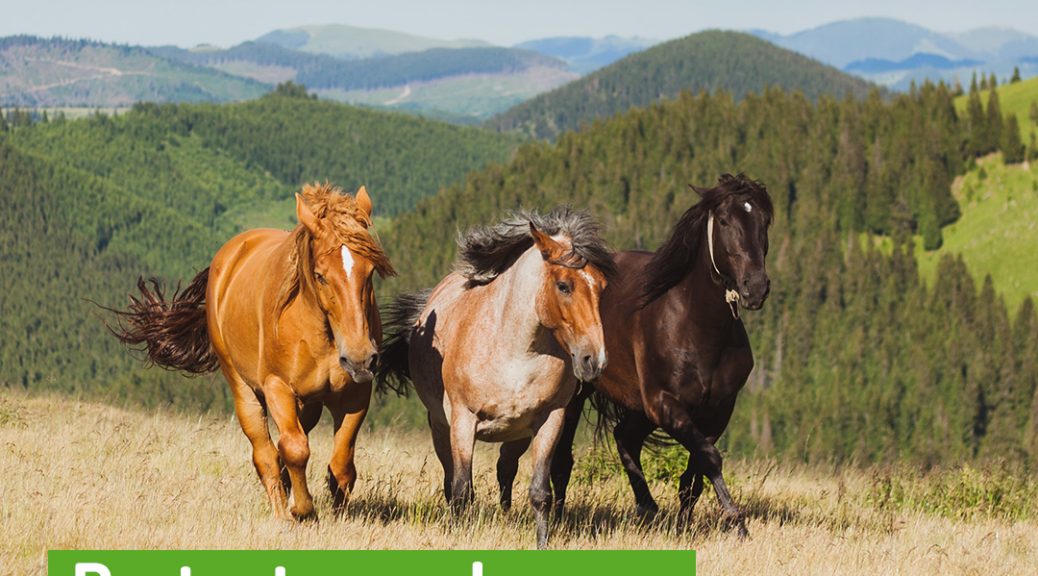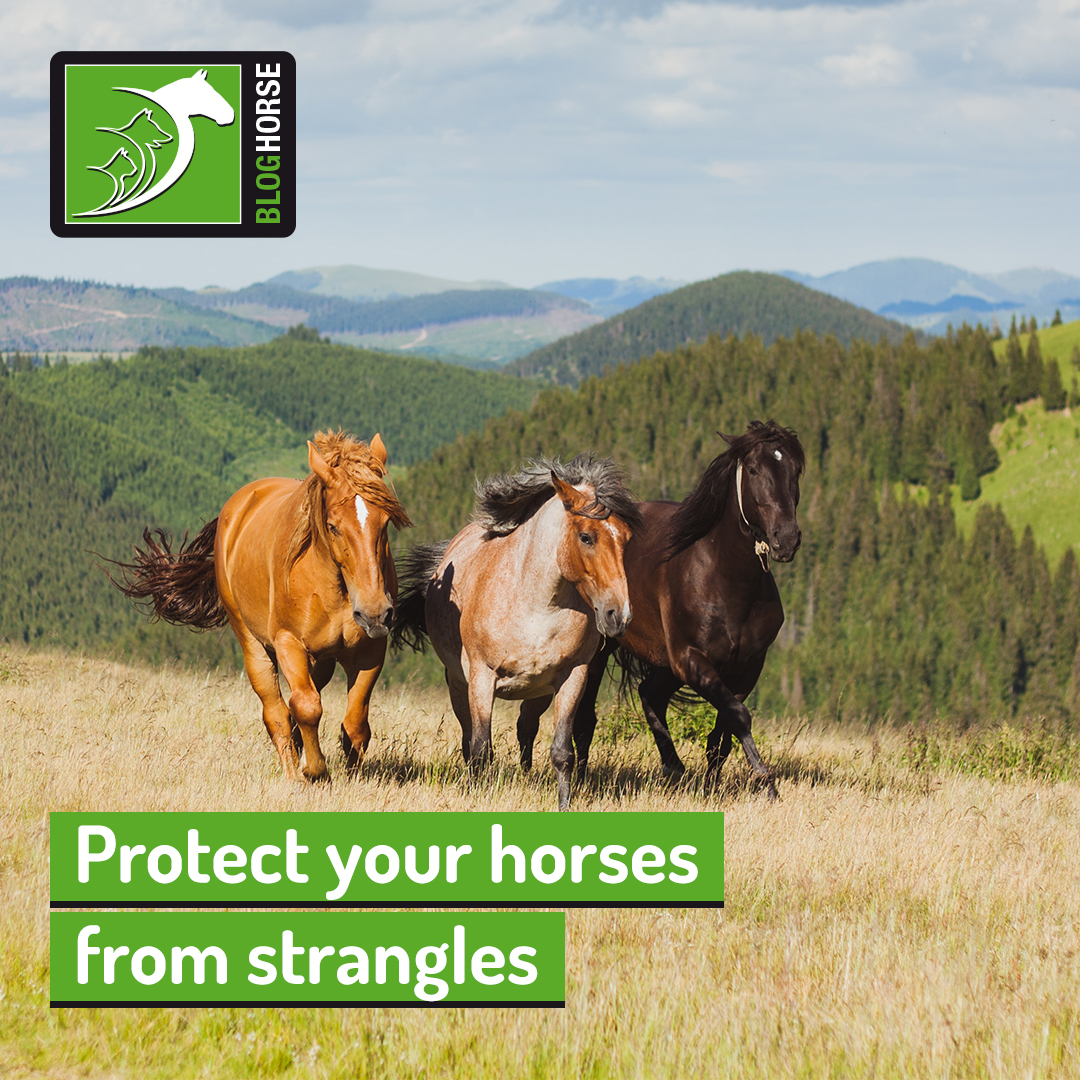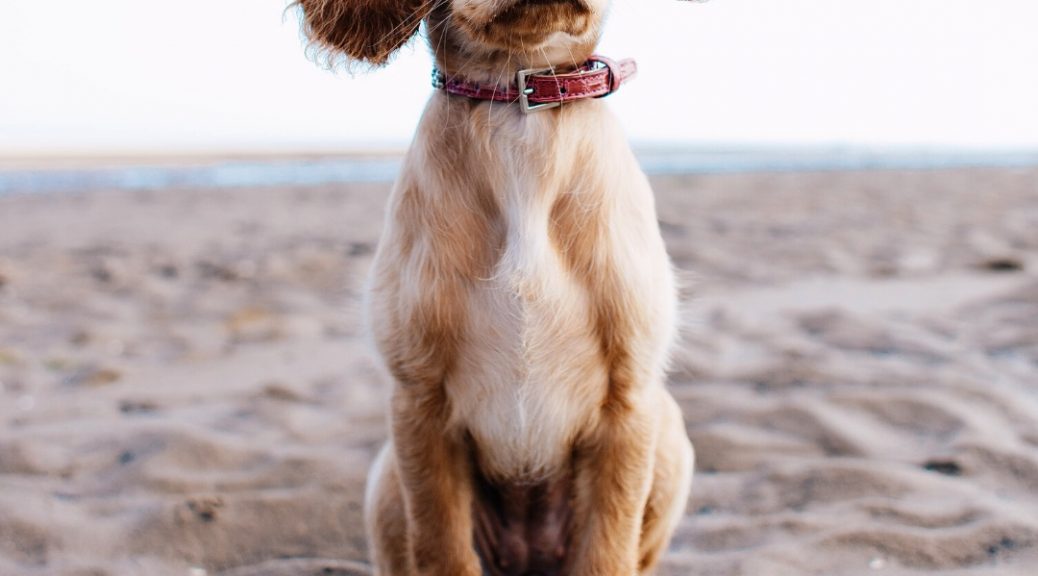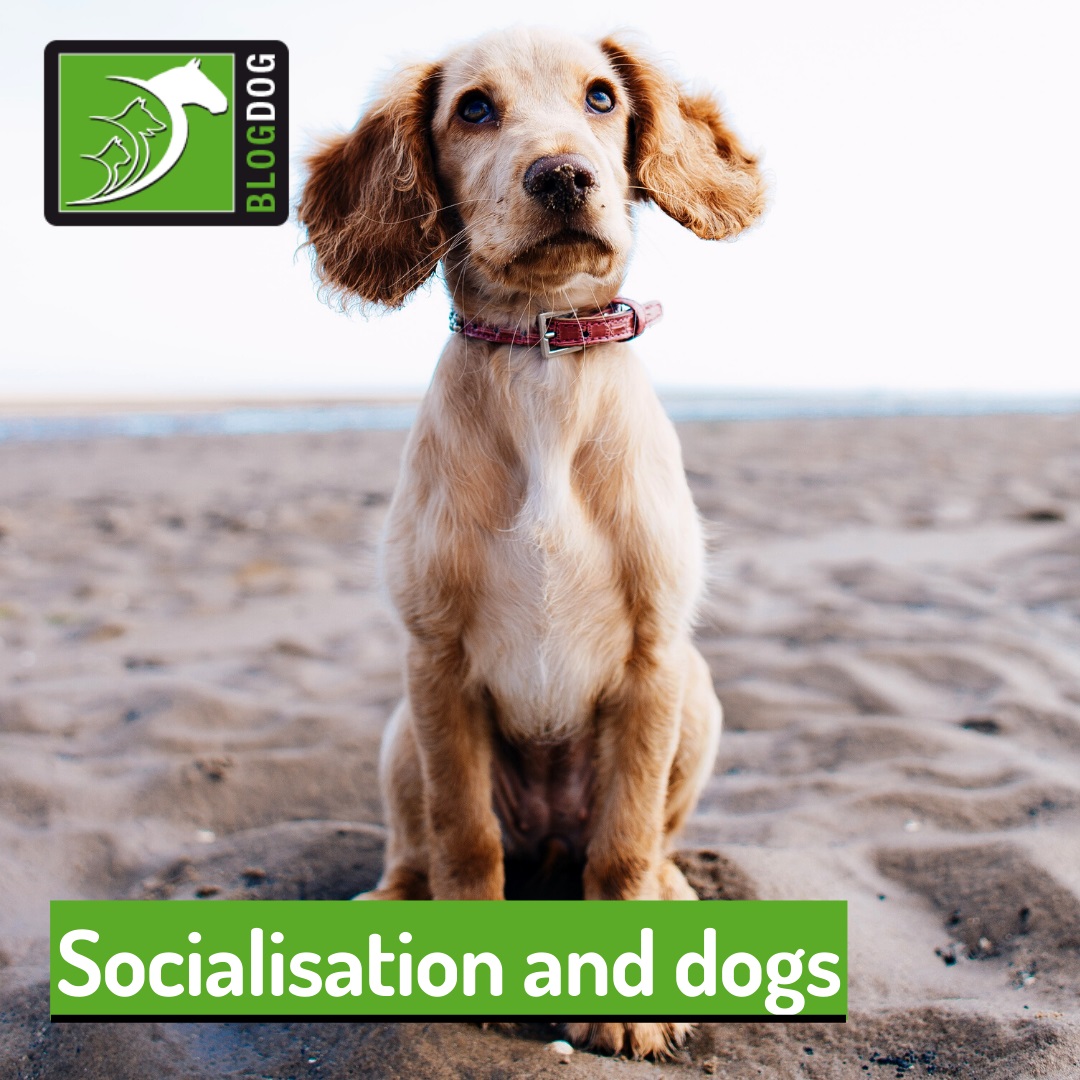Strangles is a highly infectious equine disease caused by a bacteria called Streptococcus equi equi that causes severe abscesses in the neck area, high fever and nasal discharges.
This illness can quickly spread throughout your herd, and proper sanitary measures are required to make sure that it is contained and handled safely to avoid infection, as well as making sure that there are no carrier animals to cause recurrent outbreaks.
Read on to get to know this important herd disease and how to best manage the risk of infection.
What signs should I look out for?
Strangles can present initially with a high fever after an incubation period of three to 14 days. As it progresses, you’re likely to notice:
- Nasal discharge with pus;
- Swollen lymph nodes in the neck area that can hinder eating and cause a lot of discomfort;
- Lethargy and depression;
- Head and neck extension to relieve discomfort.
Fortunately, most horses will recover in around six weeks without any further complications and mortality is low. Most fatal cases are due to abscesses spreading to several organs in the body, including the brain or because of a severe vascular problem called purpura haemorrhagica.
While this infection has a low mortality rate, it has a high infection rate, and 10% of horses will remain carriers without any symptoms. This means that they are likely to shed the bacteria periodically, reinfecting the rest of the herd.
How can I treat strangles in my yard?
Treatment for strangles is mainly supportive, and it involves providing the best conditions for the abscesses to mature and clear while reducing fever and discomfort.
Antibiotic use is reserved for particular situations, such as when the horse is not eating or can’t breathe very well. This is because antibiotics might slow down the maturation of abscesses and, therefore, hinder the healing process.
What about prevention?
A vaccine can aid in prevention in the case of at-risk horses, but it must be used in conjunction with the correct biosecurity protocols.
Preventing strangles from getting to your herd in the first place is the most important part. As it is highly contagious, it’s easily spread from horse to horse, and it can also be transmitted through the environment due to shared equipment.
When you discover one of your horses has been infected, it’s vital to take the proper steps to contain it. Your vet will guide you on what specific protocols to implement but in general, isolating the affected horse and closing down any movements of animals in your yard (even if they appear to be healthy) are two of the most critical steps.
As strangles causes major economic and organisational problems due to the need to isolate animals and restrict movements into and out of the yard, do not hesitate to contact your veterinarian if you are concerned your horses may have been in contact with infected animals.
Strangles is an endemic disease in the UK and it requires active biosecurity and good husbandry to prevent outbreaks from spreading.
If you spot any of the signs mentioned before, contact your vet as soon as possible to avoid spreading this infection and reduce the risk of severe complications!
Would you like to know more about horses? Check our Equine Courses:
Equine courses



